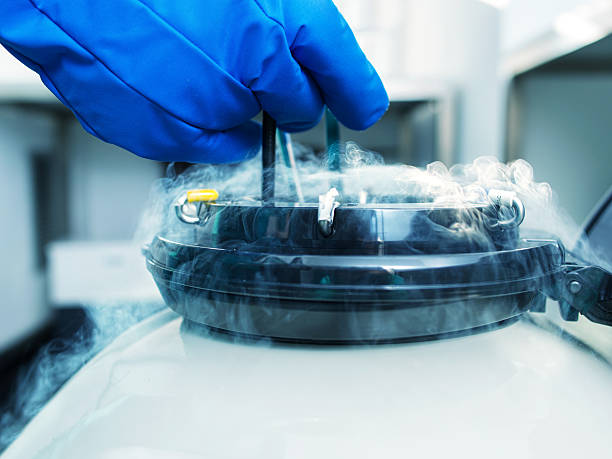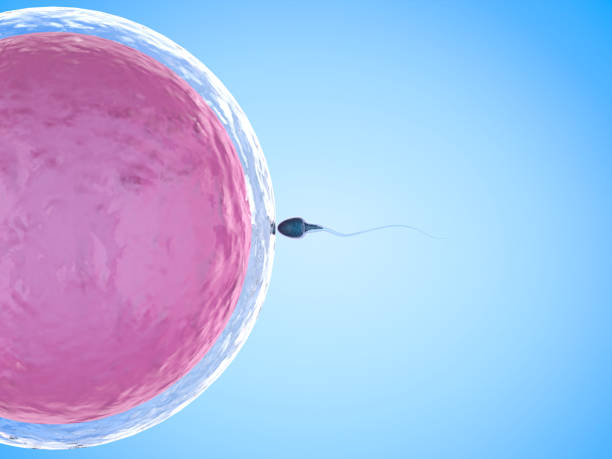Egg Freezing: A Guide to Oocyte Cryopreservation
Preserving Fertility for the Future

Oocyte cryopreservation, another name for egg freezing, is a fertility preservation technique in which a woman's eggs (oocytes) are removed, frozen, and kept for later use.

1. Ovarian stimulation: To encourage the production of many eggs, the lady is administered fertility medicine.
2. Egg retrieval: The mature eggs are extracted from the ovaries via a modest surgical operation.
3. Freezing: To avoid ice crystal formation and egg damage, the eggs are frozen using a process known as vitrification, which entails quick cooling.
The frozen eggs can be kept for many years and utilized to try to conceive later using in vitro fertilization (IVF). There are several reasons why freezing eggs can help maintain fertility, including:
There are several reasons why freezing eggs can help maintain fertility, including:
Medical reasons: Women undergoing treatment for cancer or other illnesses that could impair fertility.
Social and personal grounds: Women who want to put off having children for personal, professional, or romantic reasons.
A new window opens.
Freezing eggs for both societal and private purposes
Although storing eggs is a useful method for maintaining fertility, it's crucial to remember that it doesn't ensure a future pregnancy. The number of frozen eggs and the woman's age are two examples of the variables that affect the success rates of egg freezing and subsequent IVF.
How to Freeze an Egg
1. Ovarian stimulation: To encourage the production of many eggs, the lady is administered fertility medicine.
2. Egg retrieval:The mature eggs are extracted from the ovaries via a modest surgical operation.
3. Freezing: To avoid ice crystal formation and egg damage, the eggs are frozen using a process known as vitrification, which entails quick cooling.
Frozen eggs can be kept for many years and used to try to conceive later using in vitro fertilization (IVF).
Important Points to Remember:
Rates of success: Although storing eggs is a useful method for maintaining fertility, it does not ensure a future pregnancy. The age of the lady, the quantity of frozen eggs, and the quality of the eggs are some of the variables that affect success rates.
Costs: Egg freezing can be costly, and prices may differ based on the region and clinic.
Psychological and emotional aspects: The choice to freeze eggs can be a difficult one, so it's crucial to talk to a fertility expert about your alternatives and take your family's and your own situation into account.
To find out if egg freezing is the best course of action for you, it's crucial to speak with a fertility doctor about your unique situation. They can help you make an informed choice by giving you comprehensive information about the process, including any dangers and advantages.










































































































































































































